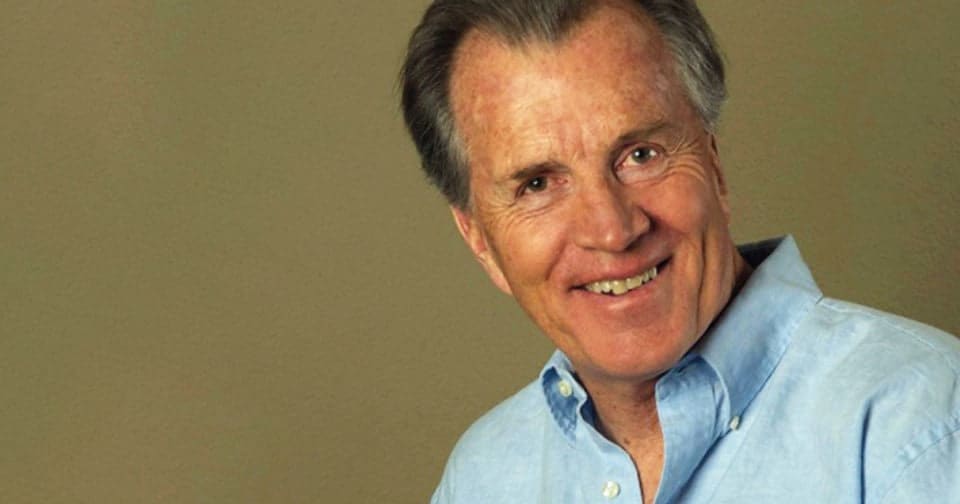
Every restaurant owner wants their business to grow. But achieving growth and managing it are two different things. Manage growth badly and you can bring the whole enterprise crashing down. How to begin?
“First, have a plan,” says Arlene Spiegel FCSI, president of Arlene Spiegel & Associates in New York City. “Without a plan – even an exit plan – owners and operators will be guessing about their decisions. Determine ‘to whom will my concept have value’ and design the growth strategy with high-value partners.”
But growth is not always the best way; if you’re not careful, it can actually sabotage financial health. The key to wisely managing growth, according to Stratis Morfogen, director of operations for Brooklyn Chop House and Brooklyn Chop House Times Square in New York City, is growth from within. “Home-grown is best: from server to manager to general manager to director of operations. This way you’ve had an employee in your system for years and they learn the culture that ownership has created,” he explains.
Morfogen says he is “not a big fan” of grand opening parties. “Open soft, open sections, train and slowly build your team to handle the final goal, which is full capacity. Unfortunately, the problem for many is that they do not have the budgets or the capital to grow slowly and methodically, which costs a lot of money” but “assures a high level of customer satisfaction.”
Understand your why
Justin Williams, director of operations at PRESS Restaurant in St Helena, California, believes that managing growth most effectively is done when “you understand your why. If you are growing just for the sake of growing, your team and your guests will see right through that. When growth is thoughtful, the success of the business will come.”
A successful expansion program has three basic elements, suggests Rudy Miick FCSI, principal of The Miick Companies in Boulder, Colorado. “We have both profit and positive cash flow; a proven concept. We have systems in place to track performance [and] we are doing environmental scans to anticipate economic, political and social challenges coming at us. We are anticipatory and present instead of reactionary.”
Jean Pierre Grossi FFCSI, of the Institut Paul Bocuse in Paris, France, says: “The key is control of growth. That is to say, it is necessary to control and measure the possible leeway. Is this a sustainable movement? Are there one or more temporary favorable circumstances? Is [the decision to expand] an impression, a feeling, or the result of an in-depth study?”
Adapting to opportunity
For growth to work successfully, restaurateurs “must fulfill themselves by gathering the means to succeed without improvisation,” says Grossi. “Improvisation is not a good line of thought. Each step will be taken with confidence without venturing on winding and uncertain paths.”
Particularly in the wake of the Covid-19 pandemic, says Spiegel, many operators would be wise to develop multiple versions of their concept to fit into several models: full service, freestanding, in-line models, carts and kiosks, ghost kitchens and delivery only. Having ready models will enable a concept to adapt to any opportunity.
Consider operational logistics before growing your menu. For full-service concepts, Spiegel suggests: “Have the full breadth of menu. For limited models, reduce the menu to core items only.” Employ a menu-engineering philosophy based on yield management, she adds, to ascertain best use of equipment, staff, and space to create the menu.
Marketing and advertising
The biggest mistake operators make is not doing their homework, Spiegel has found. “They get lured into a location because of vanity or because the occupancy costs are below market. However, their concept may not be a good fit for the neighborhood.” Retail branded items that can be sold from the restaurant and through specialty food channels will keep the brand on the customers’ mind, Spiegel advises. “It’s not always profitable but it is a very good source of marketing,” she says.
Miick is convinced that social media “is everything. Community outreach and participation is everything. Local or private chain restaurants will always have the leg up on national chains if they execute… Know the difference between marketing and advertising. Do both and budget for both.”
Hiring must also be done in a measured fashion. According to Spiegel, the original prototype model needs to develop an operating model using multi-functional equipment and robotics versus excess manual labor. “Keep labor guest-facing for hospitality interactions and keep back-of-house labor slim.” Partner with suppliers for ready-cut and ready-to-heat products to reduce labor for basic prep.
Working with a consultant
If you must expand hours of operation, says Marco Amatti FCSI, the CEO of Mapa Assessoria in Sao Paulo, Brazil, “surely you must add staff, but if you have a well-organized operation working near the edge limit, adding staff probably won’t work and sometimes can negatively affect the rest of the team.” If the operation is changing any process or needs to decrease team members’ hours, adding staff “can be effective, also.”
“You can’t grow without great people,” Williams insists. “Having the right people who understand your vision and values is vital. You have to be able to inoculate your culture from day one.”
For entrepreneurs in doubt as to which way to go, working with a consultant can shed light. Consultants have “a broader perspective of what works based on designing and developing hundreds of concepts over the years,” Spiegel says. “Consultants bring knowledge and ideas to the table that make the concept more attractive to locals and investors, develop an operating pro forma, connect operators with talent and resources, and work with marketing agencies to define the brand messaging.”
“A good consultant leads and facilitates all the above,” Miick concludes. “FCSI makes a difference.”
Howard Riell




